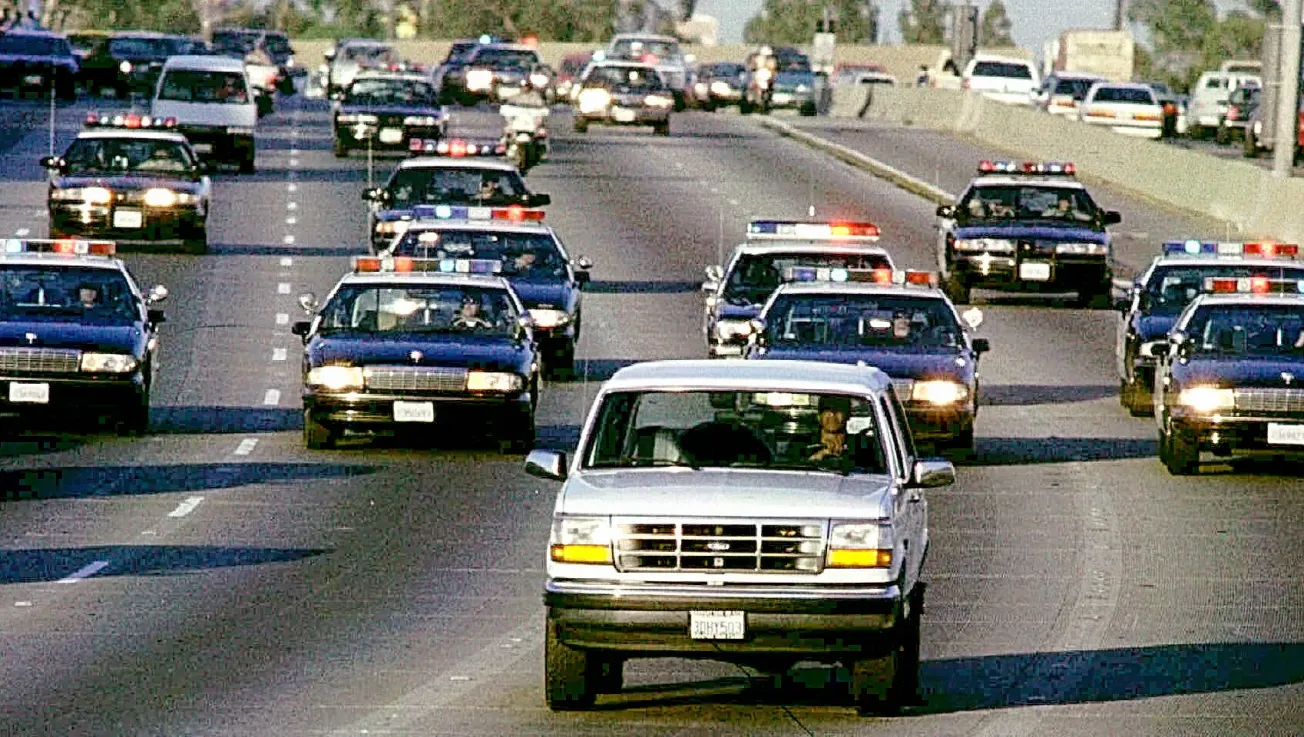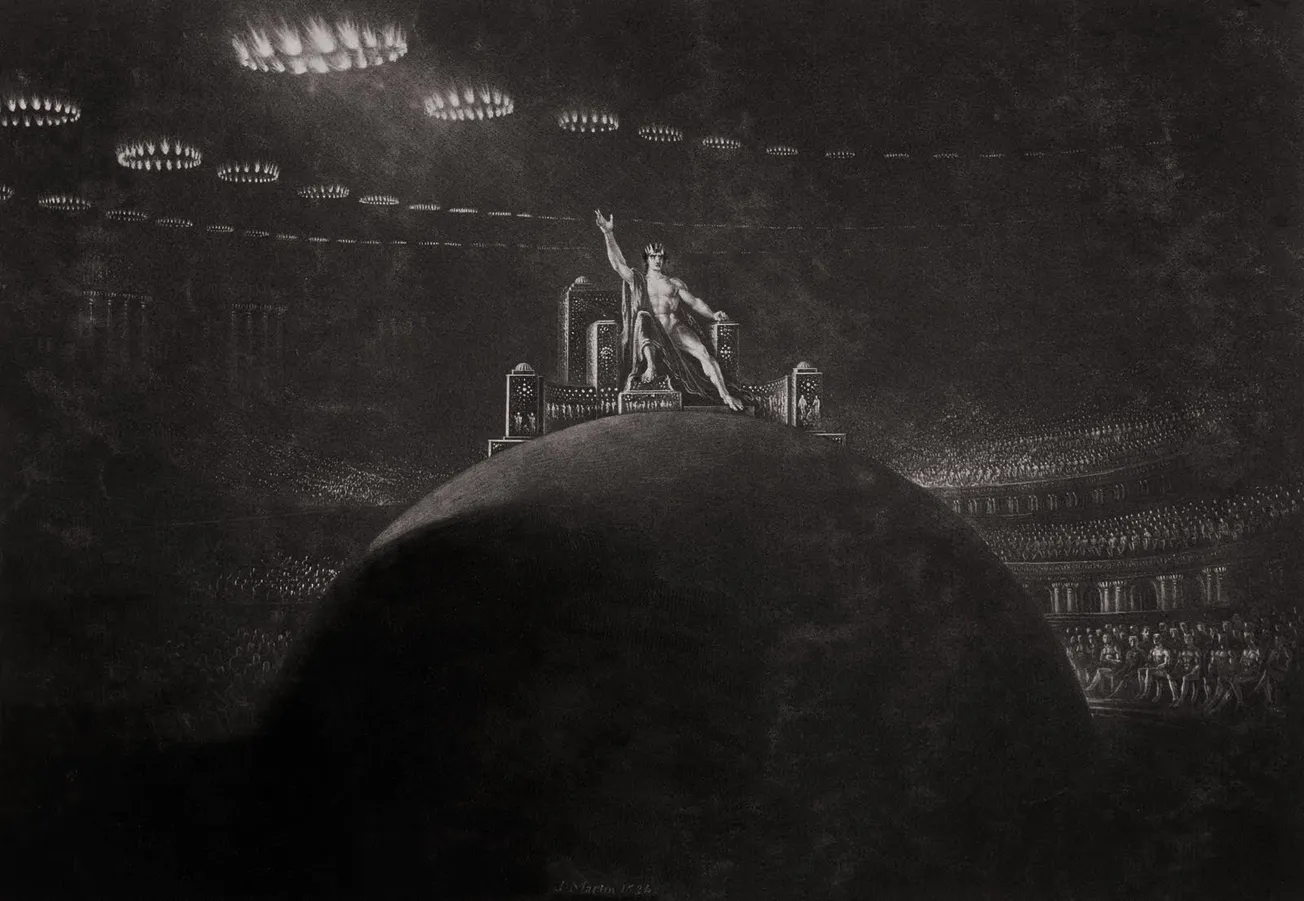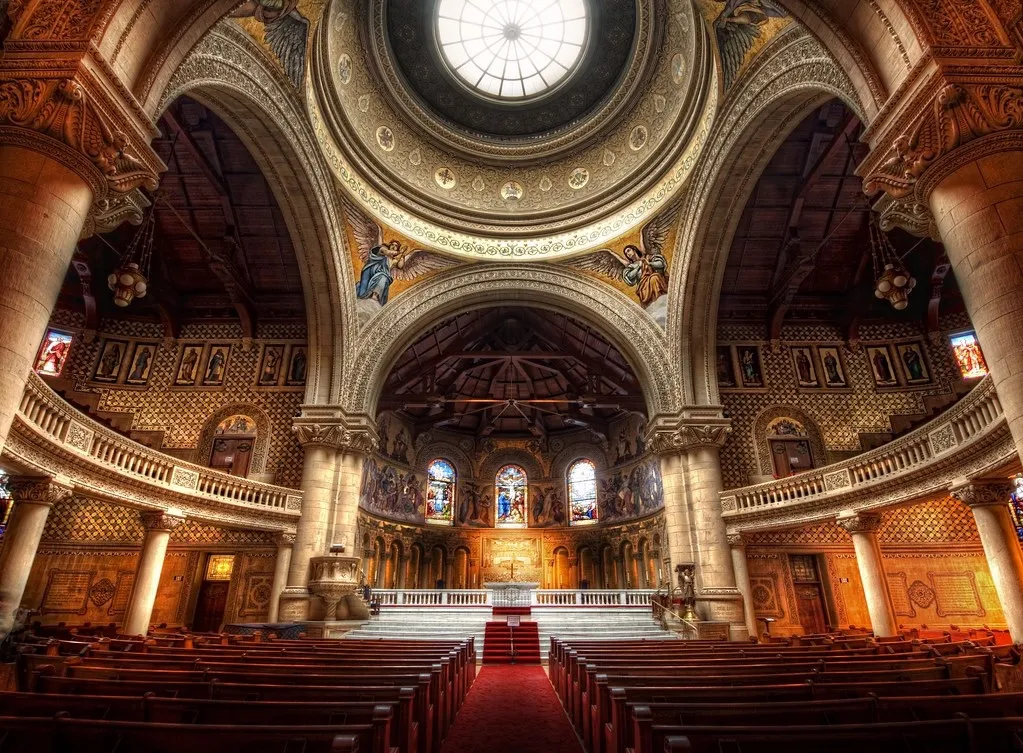Table of Contents
Freedom is often embodied in objects. For the Founding Fathers, it was the Lockean cottage, earned through labor and governed without interference: a true sanctuary of individual will.
Today, its truest descendant is the car, with the ability to take its driver anywhere at any time. Running alongside that, however, is the resurgent trend of anti-car activism that has crept across the United States. These activists aim to curtail and phase out the American automobile altogether, supplanting it with buses and bikes.
But does this vision align with the physical and cultural reality of America? Except for a few dense coastal metropolises, such as New York, Boston, and D.C., most American cities are too sprawling to support comprehensive transit systems. While heavy rail may be effective in a handful of legacy metropolitan areas, public transportation experiments elsewhere have largely proven to be costly, underutilized, and inefficient. So why does the movement against the car persist?
This crusade has nothing to do with improvements to efficiency or quality of life. If it were, the market would be teeming with privately operated buses and trains competing on performance and price. Evidently, it is not.
For the ascendant force of American collectivism, the assault on the car is only one front in the advancement of the Marxist theory of distributive justice and egalitarianism. For a philosophy that pathologizes unequal outcomes, cars are especially problematic, enabling suburbanization, income sorting, educational stratification, and cultural divergence.
The great statesman, Edmund Burke, once said, "Politics is philosophy in action." The removal of cars is thus a political decision aligned with a distinct commitment to equality of condition, deference to technocratic authority, and the moral desirability of social uniformity. Public transport, an emblem of socialized motion, is therefore morally preferable. Ultimately, the war on the car is a war on the moral architecture of liberal individualism itself.
The Old World offers a cautionary glimpse into America’s potential future, should the march towards collectivization continue unabated. In Dublin, Ireland, bureaucrats build public transportation networks and then shutter major roads, removing any semblance of choice from the individual. Meanwhile, the government launches re-education campaigns to “address car-centric mindsets.”
The result: a surge in congestion and falling foot traffic in the inner city. All the while, public transit remained slower than the original car-centric system. This fallacy is being repeated throughout America.
White elephant projects, such as the D Line extension of the Los Angeles Subway, used by merely one in twenty Angelenos, or the Southwest LRT in Minnesota, absorb billions in taxpayer funds while delivering minimal utility. Worse still, they generate years of legal battles, construction-related disruption, and mounting costs for local businesses and consumers.
Contrary to the collectivists' narrative, increasing car-centricity is more effective at reducing congestion and lowering home prices, a critical component of the American Dream. An example from our oft-flawed neighbors to the north: after Highway 407 was built in Toronto areas near the highway extensions saw increased housing supply as previously distant land became more accessible.
Meanwhile, commuting times to downtown Toronto improved, making suburban areas more attractive. The Canadian Urban Institute found that improved highway access reduced price premiums in previously high-demand suburban zones by 5-10%.
Similar results from the expansion of interstates in the United States demonstrate this transformative power. Highways are infrastructure that serve the American Dream, benefiting those who seek to live in homes instead of cramped city centers and pods.
Although limited examples such as Florida’s Brightline service show promise, the only Amtrak routes to turn a profit are the East Coast’s urban corridors. While commuter rail may be spatially efficient in specific regions, it simply isn’t scalable across most of America’s low-density geography.
It should come as no surprise then that the vast majority of Americans overwhelmingly prefer the freedom that a car empowers them with. The automobile is thus a rejection of Old World collectivism, the natural yearning of those who wish to escape the confines of oppression. As a result, when given the means and choice to do so, people from Estonia to Nigeria have chosen the car.
Indeed, the war on cars reveals a deeper philosophical agenda. It is the Rousseauian idea made real: that freedom is not self-direction, but submission to the 'general will,' a rationalized social order that transcends private preference.
This commitment reaches its radical form in Marx, for whom individual liberty under capitalism is a fiction. The car, privately owned, self-directed, and materially liberating, is a bourgeois aberration. It represents the individual's ability to exit, to own space, and to reject central planning. That is why it must go.
The quintessential freedom the automobile affords—the ability to blast music at 85 miles per hour with heated seats—is integral to America’s individualism. While bullet trains in Japan or alpine locomotives in Switzerland may satisfy the technocratic fantasies of the "car-free" class, one must ask: do the Japanese or Swiss truly experience the world they traverse? Or do they observe it passively, sealed behind glass like spectators in a human zoo, access granted only at stops permissioned by bureaucratic decree?
The automobile puts the individual in command, the master of every destination, every detour, and every departure. The decision to go through a mountain pass, stop at a roadside diner, or linger in a forgotten town is not filtered through a timetable. It’s made at the speed of will. So the next time you’re stuck in traffic, remember: infrastructure is a proxy battle in a wider war over values, and in America, the car reigns supreme.





